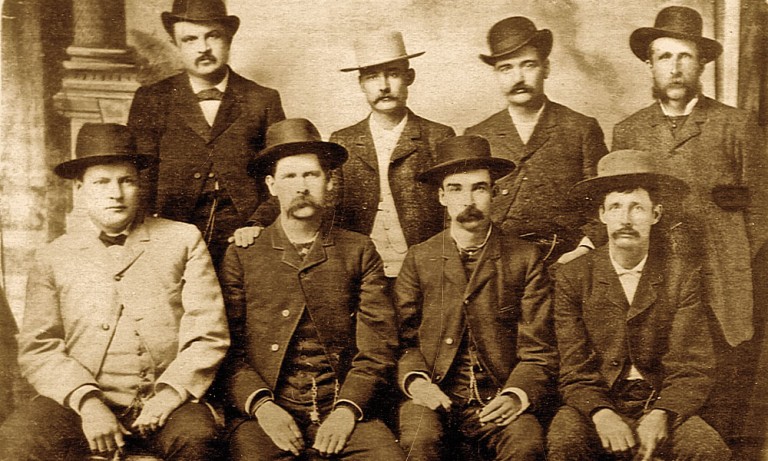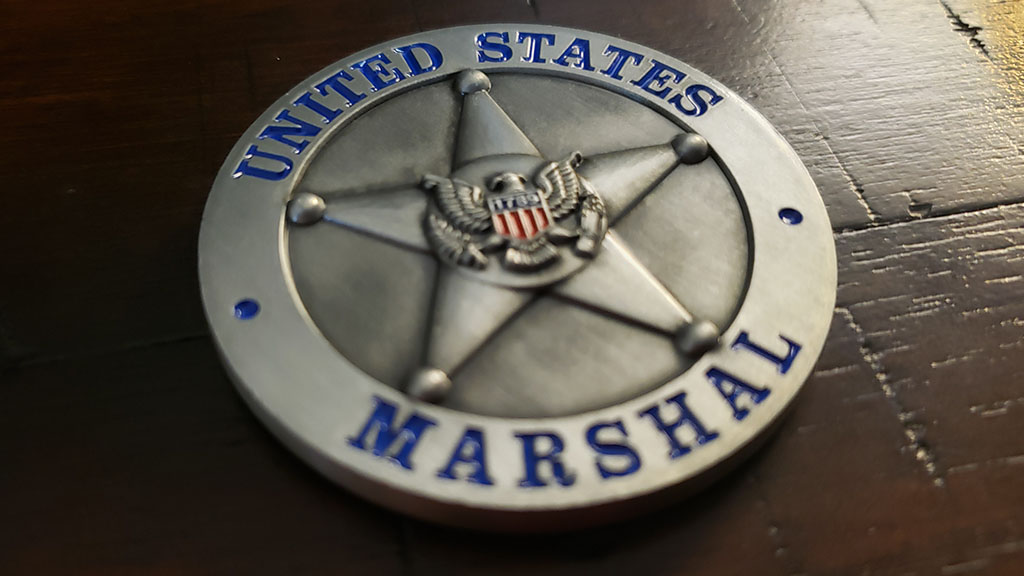You may have heard of the United States Marshals Service, but you may not know exactly what this federal law enforcement agency does. The U.S. Marshals control many highly sensitive and mission-critical operations, ensuring security, protection, and justice in the nation. So, who are the U.S. Marshals, and what do they actually do?
Understanding the U.S. Marshals Service
The U.S. Marshals Service is a law enforcement agency that enforces federal laws by providing security for federal courts, ensuring safety for judges, executing court orders, transporting criminals between facilities, seizing assets, and more. U.S. Marshals are part of the oldest federal law enforcement agency in the U.S. From overseeing fugitive apprehension and the witness protection program to removing individuals who pose threats to society, U.S. Marshals wear many important hats.

The main goals of the U.S. Marshals Service include the following:
- To enforce and defend the U.S. justice system
- To lead as law enforcement officers
- To act as role models in complex decision making
- To maintain accountability when protecting the public
What Do U.S. Marshals Do?
To answer, “Who are the U.S. Marshals?” you need to understand all of the complex jobs they perform. Here are the main responsibilities of the U.S. Marshals:
- Fugitive apprehension: Finding and arresting wanted federal suspects
- Fugitive operations: Removing dangerous suspects from public settings
- Asset forfeiture and management: Seizing and managing criminal assets
- Witness protection program management: Operating and managing the U.S. Federal Witness Protection Program
- Prisoner transportation: Overseeing the Justice Prisoner and Alien Transportation System, which involves transporting prisoners between detention centers, prisons, courthouses, and other places.
- Judicial security: Enforcing the safety of judicial personnel, federal courthouses, and senior government officials

The Office of United States Marshal History
The First Congress, in 1789, created the Office of the United States Marshal, signed under President George Washington, with the goal of assigning Federal Marshals to assist the Supreme Court in various law enforcement functions that could cross state lines. U.S. Marshals have served many functions throughout history, from settling land disputes in the 19th century to enforcing prohibition laws.
After the initial signing of the Judiciary Act into law, President George Washington appointed 13 officers to serve four-year terms. Today, we have 94 U.S. Marshals, with one representing each federal court district. Modern-day U.S. Marshals maintain flexibility in their roles, protecting Olympic athletes, offering security in protest settings, and more.
What Are the Training Requirements for U.S. Marshals?
You now know the answer to “Who are the U.S. Marshals?” but how does one join this elite group?
Given the small number of U.S. Marshals, the field is highly competitive and works similarly to Special Agent positions. Even qualified applicants have a highly unlikely choice of being selected for the role.
To qualify and be selected for the training program, you must have a bachelor’s degree and pass an oral interview, a written test, a highly extensive background check, medical and drug exams, and multiple fitness tests. Those selected for training join an 18-week intensive program at the Federal Law Enforcement Training Center operated by the U.S. Department of Homeland Security.

U.S. Marshals Deserve the Utmost Respect
U.S. Marshals undergo rigorous training to protect and serve our nation. While we may not notice it, U.S. Marshals risk their lives daily to uphold justice while keeping citizens safe.

Now that you know the answer to “Who are the U.S. Marshals?” you may want to celebrate USMS members in your life. At Embleholics, we offer custom challenge coins designed to honor service members. Get a free quote today for U.S. Marshals challenge coins, or call us at (888) 657-2511 to learn more.

